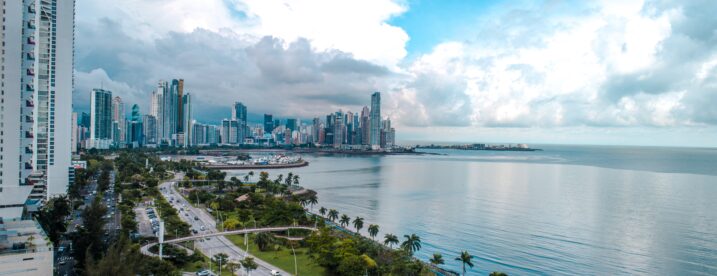
What is an anonymous company? An anonymous company is a corporate entity that has disguised its ownership in order to operate without scrutiny from law enforcement or the public. These “phantom firms” can open bank accounts and...

Providing research, advocacy and policy solutions on anti-corruption is a key part of GFI’s work. Not only does corruption generate illicit financial flows, it also promotes other illicit activities that negatively impact governance, economic development, and...

Many people derive non-monetary value from passports. It’s hard to put a price tag on, say, enmeshing oneself in a new culture, visiting a friend abroad, or standing atop Kilimanjaro. A passport is a papery key that...
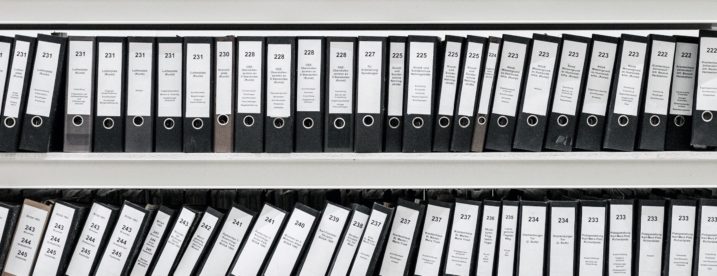
The phrase ‘tax haven’ often conjures up images of a balmy palm tree-studded island nation with an ‘anything goes’ attitude to accepting financial deposits and a distinct distaste for foreign authorities—“sunny places for shady people,” as author Nicholas Shaxson calls them. But these classical tax havens now have a lot of company—despite recent progress, there are still plenty of places all over the world where one can stash their money without scrutiny.
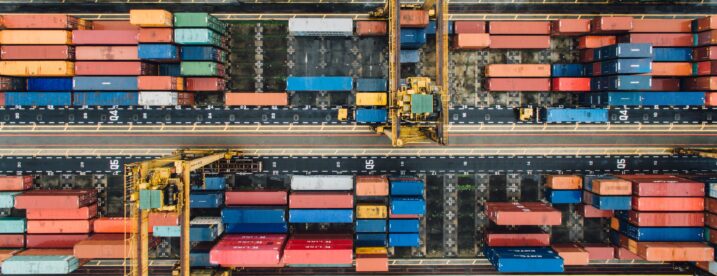
Free trade zones (FTZs)–also referred to as “special economic zones,” “free zones,” “export processing zones,” “free ports,” or, when located in the U.S., “foreign trade zones”–are small, geographically-circumscribed areas carved out of a country that are regulated...
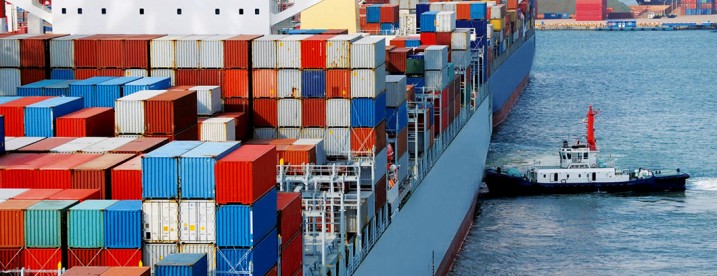
Illicit financial flows (IFFs) are illegal movements of money or capital from one country to another. GFI classifies this movement as an illicit flow when the funds are illegally earned, transferred, and/or utilized.
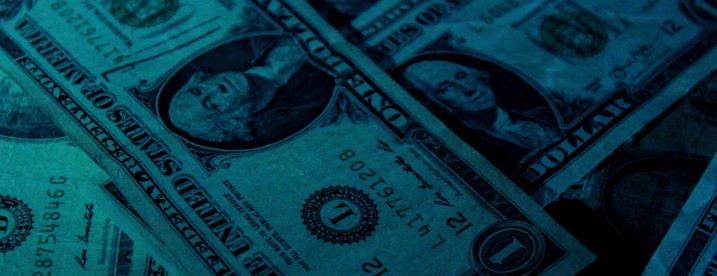
Money laundering is the process of disguising the proceeds of crime and integrating it into the legitimate financial system. Before proceeds of crime are laundered, it is problematic for criminals to use the illicit money because they cannot explain where it came from and it is easier to trace it back to the crime. After being laundered, it becomes difficult to distinguish money from legitimate financial resources, and the funds can be used by criminals without detection.

Why are natural resources at risk of illicit financial flows? Countries rich in natural sources and highly dependent on them to fund their national economies tend to statistically have deeply entrenched issues of illicit financial flows (IFFs) and...








